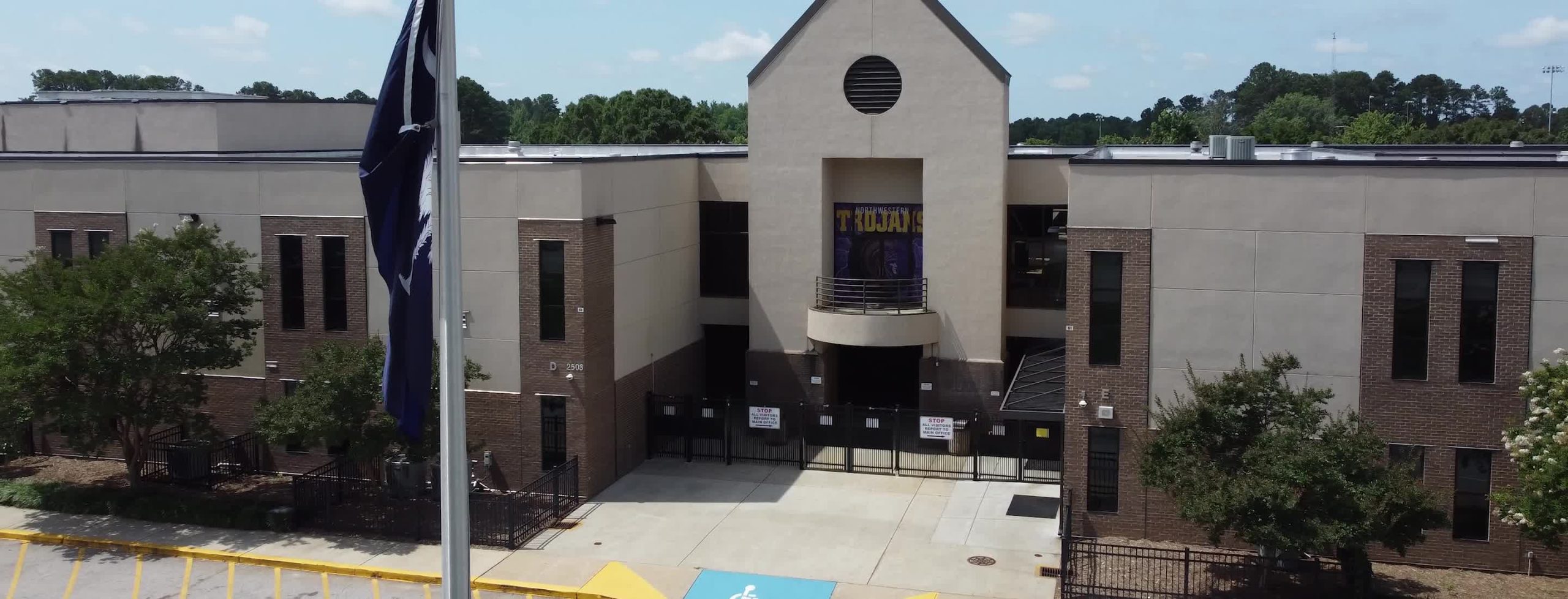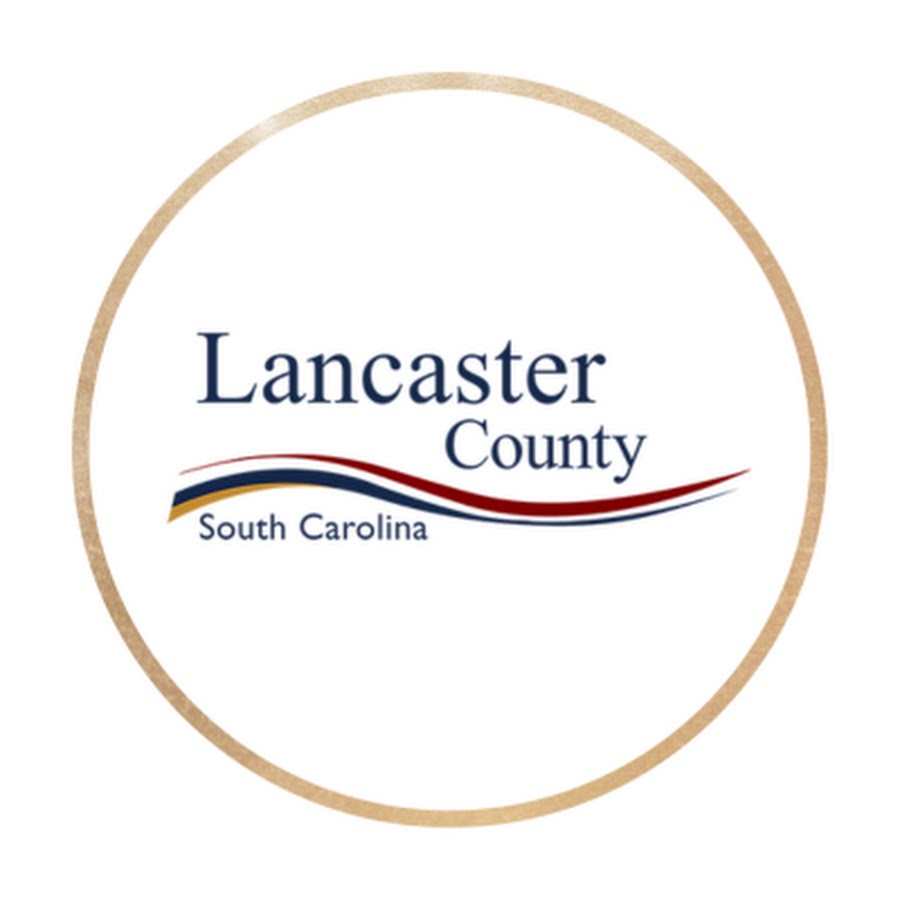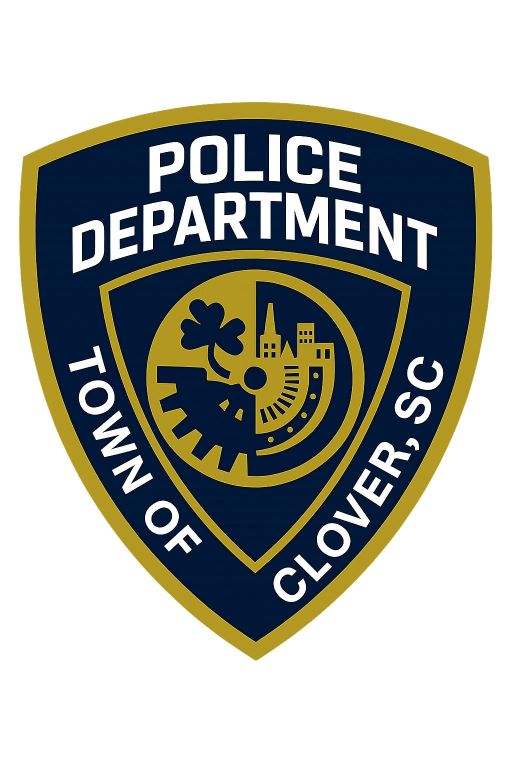New federal student-loan rules are raising concerns among South Carolina health officials that graduate nursing programs will become harder to afford, potentially worsening the state’s growing nursing shortage.
Effective July 2026, the U.S. Department of Education (DOE) will no longer classify graduate nursing as a “professional degree.” This administrative shift will significantly change the amount of federal aid nursing students can access.
Graduate nursing programs are essential for training much of South Carolina’s future healthcare workforce. Advocates warn that the reclassification comes at a critical time when the state already struggles to recruit and retain nurses.
Under the new federal rules, many graduate nursing students will face a loan cap of $20,500 per year and a $100,000 lifetime limit on federal loans. In contrast, programs that retain the “professional degree” classification, such as medical or dental degrees, can qualify for up to $50,000 per year, creating a steep funding gap for nurses.
The state’s Nurse Retention Initiative projects that South Carolina will be short 10,000 nurses by 2030. Nursing leaders warn the DOE’s move is a significant blow to the profession and will impact the state’s ability to address the shortage at every level, further straining an already fragile workforce pipeline.
The DOE stated that the goal of the change is to lower tuition costs and prevent students from taking on unmanageable debt, emphasizing that the updated definition is not a value judgment. Officials estimate that 95% of nursing students will not be affected by the new caps.
However, advocates argue the rule change imposes an unnecessary financial burden on students and programs. They believe the DOE should have collaborated with universities and deans to find ways to reduce costs without limiting access to educational opportunities for essential healthcare professionals.
In addition to nursing, the DOE’s reclassification affects several other graduate fields, including education, social work, and public health, which will also no longer be considered “professional degrees” under the new federal definitions.
Sign up for our Sunday Spectator. Delivered to your inbox every Sunday, with all the news from the week.









